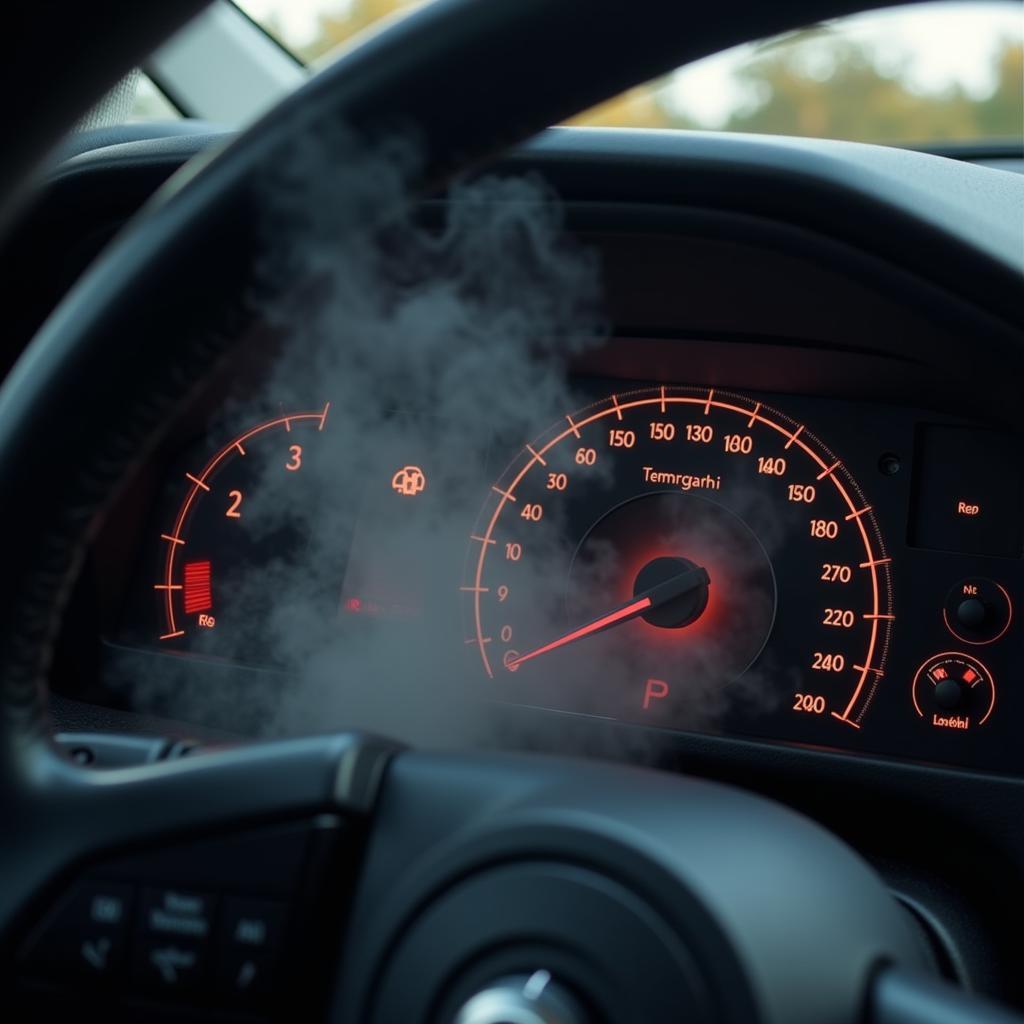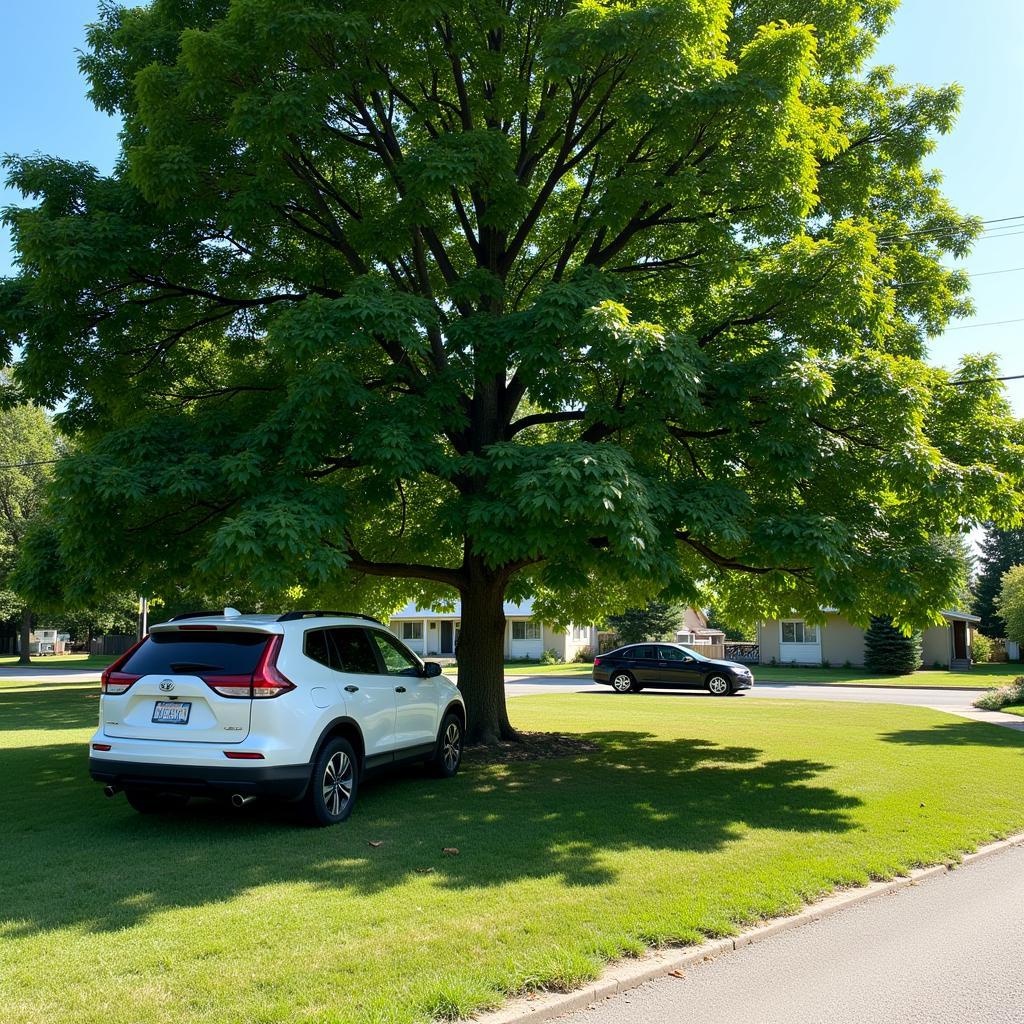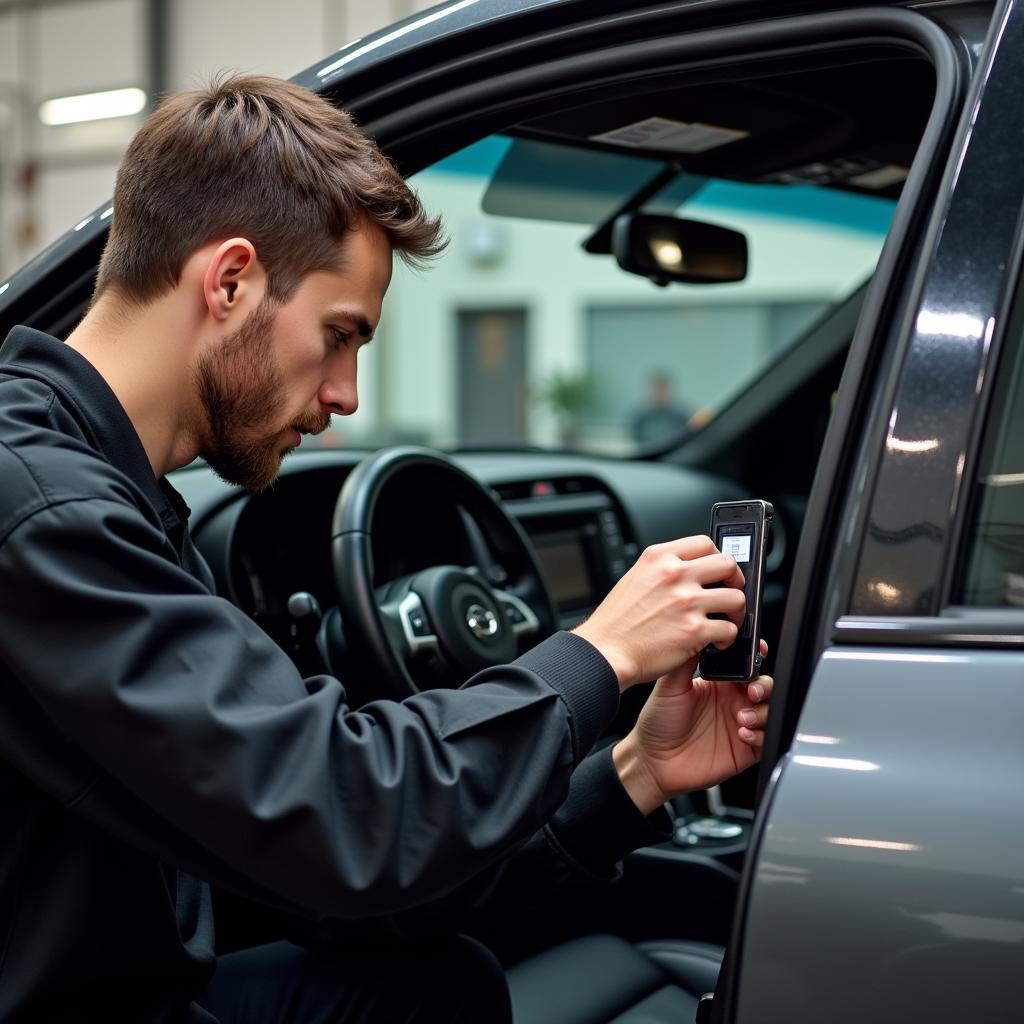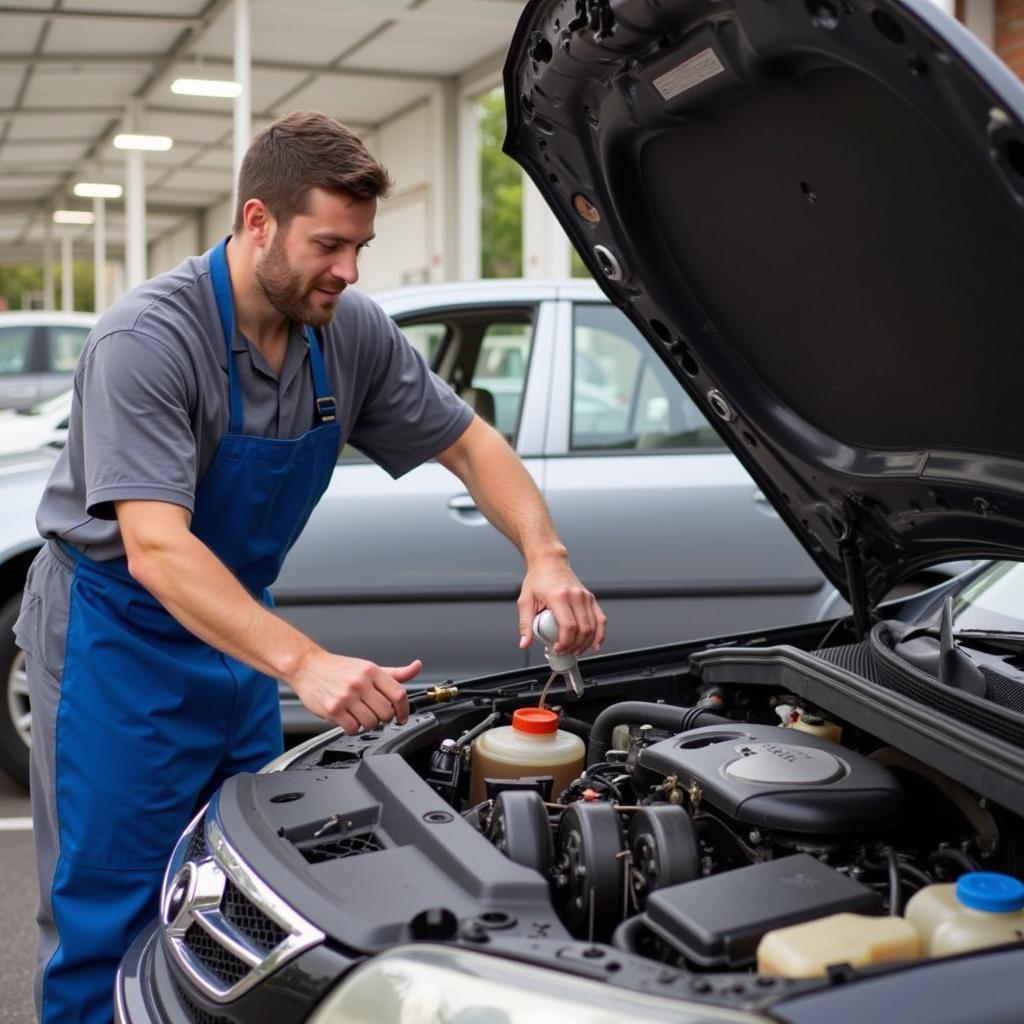Extreme heat can definitely cause problems for your car, and it’s important to be aware of the potential issues so you can take steps to protect your vehicle.
Here’s a breakdown of common car problems that can be caused by extreme heat, along with tips to prevent them:
Common Car Problems Caused By Extreme Heat
Overheating
Your car’s engine produces a lot of heat, and the cooling system is designed to keep it at an optimal temperature. However, extreme heat can put a strain on the cooling system, causing it to overheat. This can lead to damage to the engine, head gasket, or other components.
Here are some signs of an overheating engine:
- Temperature gauge warning light: This is the most obvious sign of an overheating engine.
- Steam or smoke coming from under the hood: This could indicate a leak in the cooling system.
- Unusual noises from the engine: This could be a sign of damage to the engine due to overheating.
What to do if your car overheats:
- Pull over to a safe location: As soon as you notice signs of overheating, pull over to the side of the road and turn off the engine.
- Check the coolant level: Open the hood carefully (make sure the engine is cool first!) and check the coolant level in the reservoir. If it’s low, add coolant (following the instructions on the container).
- Let the engine cool down: Do not attempt to restart the engine until it has cooled down completely. This could take several minutes or even longer.
- Call for help: If you can’t resolve the issue yourself, call a tow truck or a qualified mechanic.
 Car engine overheating.
Car engine overheating.
Battery Problems
Extreme heat can cause your car battery to lose its charge faster than normal. This is because the hot weather increases the rate of chemical reactions inside the battery.
Here are some signs of a battery problem:
- Slow engine cranking: Your car might start slowly or not at all.
- Dim headlights: The headlights may be noticeably dimmer than usual.
- Electrical problems: You may experience problems with other electrical components, such as the radio or power windows.
What to do about battery problems:
- Keep your battery clean and terminals tight: A buildup of dirt or corrosion can reduce the battery’s performance.
- Check the battery’s water level: If it’s a lead-acid battery, ensure the water level is adequate.
- Have your battery tested: Take your car to an auto shop for a battery test to determine its condition.
Tire Problems
Extreme heat can cause tire pressure to increase, which can lead to a blowout.
Here are some signs of tire problems:
- Bulging or uneven wear: These signs indicate a tire that’s nearing the end of its life and may be susceptible to failure.
- Low tire pressure: Underinflation can cause your tire to overheat and potentially lead to a blowout.
- Uneven tire wear: This is a sign that your tires aren’t properly aligned, which can lead to tire problems in hot weather.
What to do about tire problems:
- Check your tire pressure regularly: Ensure your tires are inflated to the recommended pressure, which is typically found on a sticker inside your driver’s door jamb.
- Check for signs of wear and tear: Look for bulges, cracks, or other signs of damage.
- Have your tires rotated and aligned: Regular maintenance can help prevent tire problems.
Air Conditioning Problems
When it’s hot outside, your car’s air conditioning system is crucial for keeping you cool and comfortable. However, extreme heat can put a strain on the air conditioning system, leading to problems.
Here are some signs of AC problems:
- Reduced airflow: If the air coming out of your vents is weak or you can’t feel any air at all, your AC system might have a problem.
- Warm air: The air coming out of your vents should be cool, not warm.
- Strange noises: Noises like hissing, clicking, or grinding sounds can indicate a problem with your AC system.
What to do about AC problems:
- Have your AC system checked and serviced regularly: Regular maintenance can help prevent problems.
- Don’t overuse the AC: Running your AC on high in extreme heat can put extra strain on the system.
- Consider adding a car shade: This can help to keep the interior of your car cool.
Expert Opinion
“Extreme heat is a real threat to cars. It can cause several problems, from minor annoyances to major breakdowns,” states David Lee, a certified automotive technician with over 20 years of experience. “Keeping your car cool and maintained is essential, especially during the summer months.”
 Car parked in the shade of a tree.
Car parked in the shade of a tree.
Tips for Keeping Your Car Cool in Extreme Heat
- Park in the shade: If possible, park your car in a shaded area to help keep the interior cooler.
- Use a car shade: A car shade can help to block out the sun’s rays and prevent the interior from heating up.
- Ventilate your car: Before you get in your car, open the windows and let the hot air escape.
- Avoid driving during the hottest part of the day: If you can, try to drive during cooler times of the day, such as early morning or evening.
Conclusion
Extreme heat can cause a variety of car problems, so it’s important to be aware of the potential issues and take steps to protect your vehicle. By following the tips above, you can help keep your car cool and running smoothly during the summer months.
Don’t hesitate to contact AutoTipPro if you have any further questions or concerns about your car. We are here to help!
Contact us:
Phone: +1 (641) 206-8880
Office: 500 N St Mary’s St, San Antonio, TX 78205, United States
FAQ
Q: How does extreme heat affect my car’s engine?
A: Extreme heat can cause the engine coolant to boil, leading to damage to the engine, head gasket, or other components.
Q: What can I do to prevent my car’s battery from dying in extreme heat?
A: Keep your battery clean and terminals tight, check the water level (if applicable), and have your battery tested regularly.
Q: Can I use a regular air conditioner to cool down my car quickly?
A: It’s best to avoid using a regular air conditioner on your car. It can draw a lot of power from the battery, potentially causing problems.
Q: Why is it important to check my tire pressure in extreme heat?
A: Heat causes tire pressure to increase, leading to a blowout.
Q: What’s the best way to keep my car’s interior cool in extreme heat?
A: Park in the shade, use a car shade, and ventilate your car before you get in.






Leave a Reply